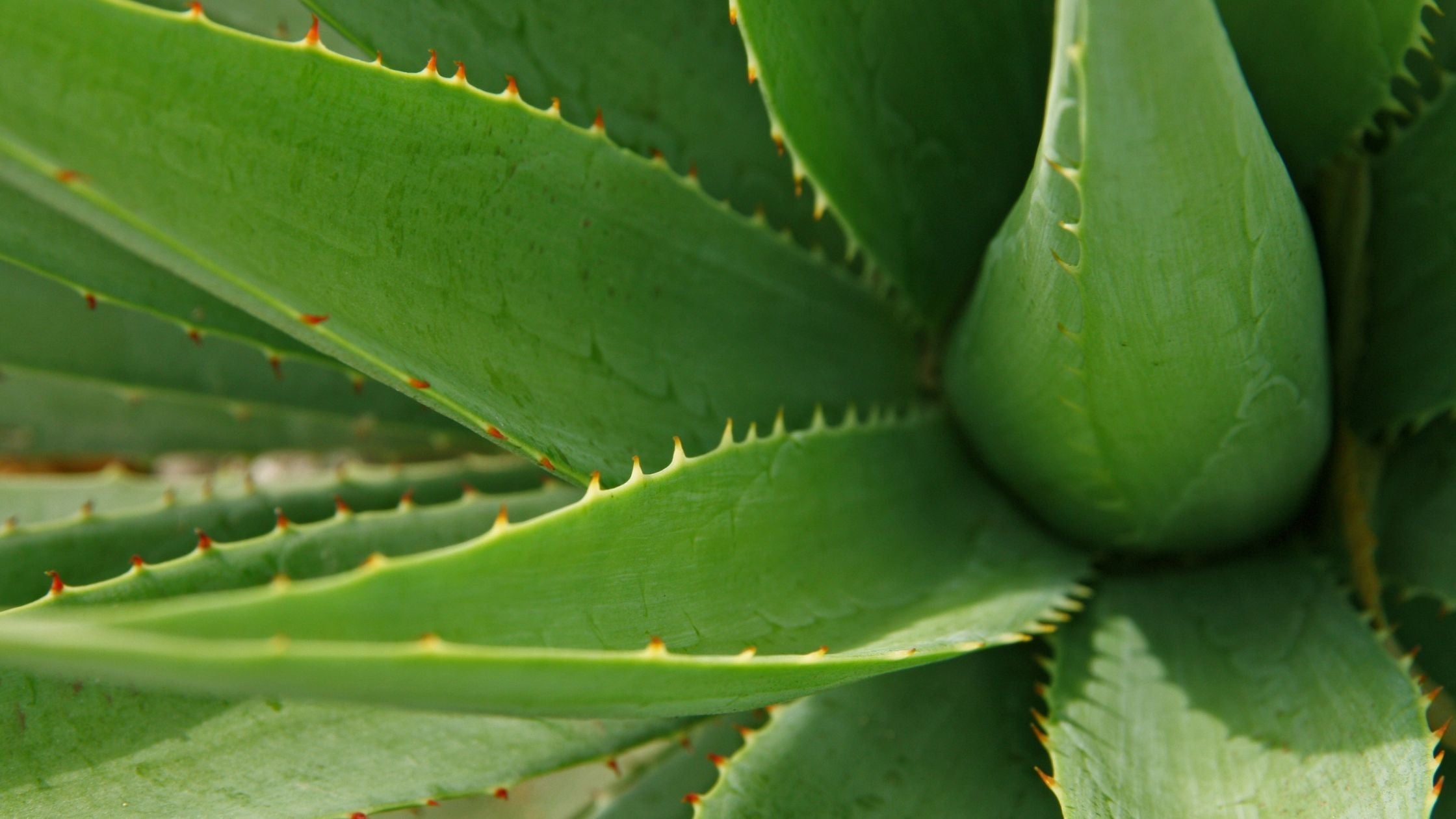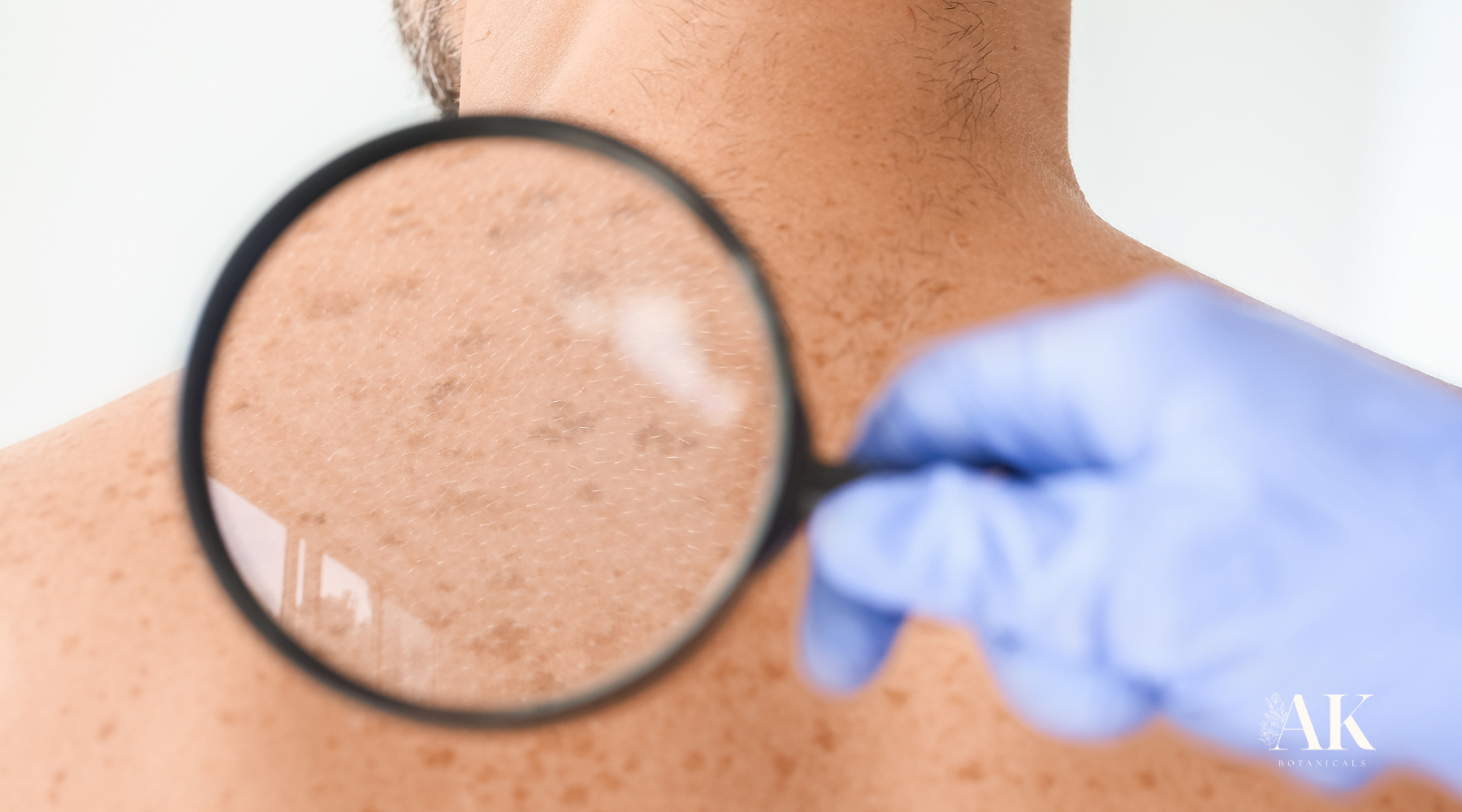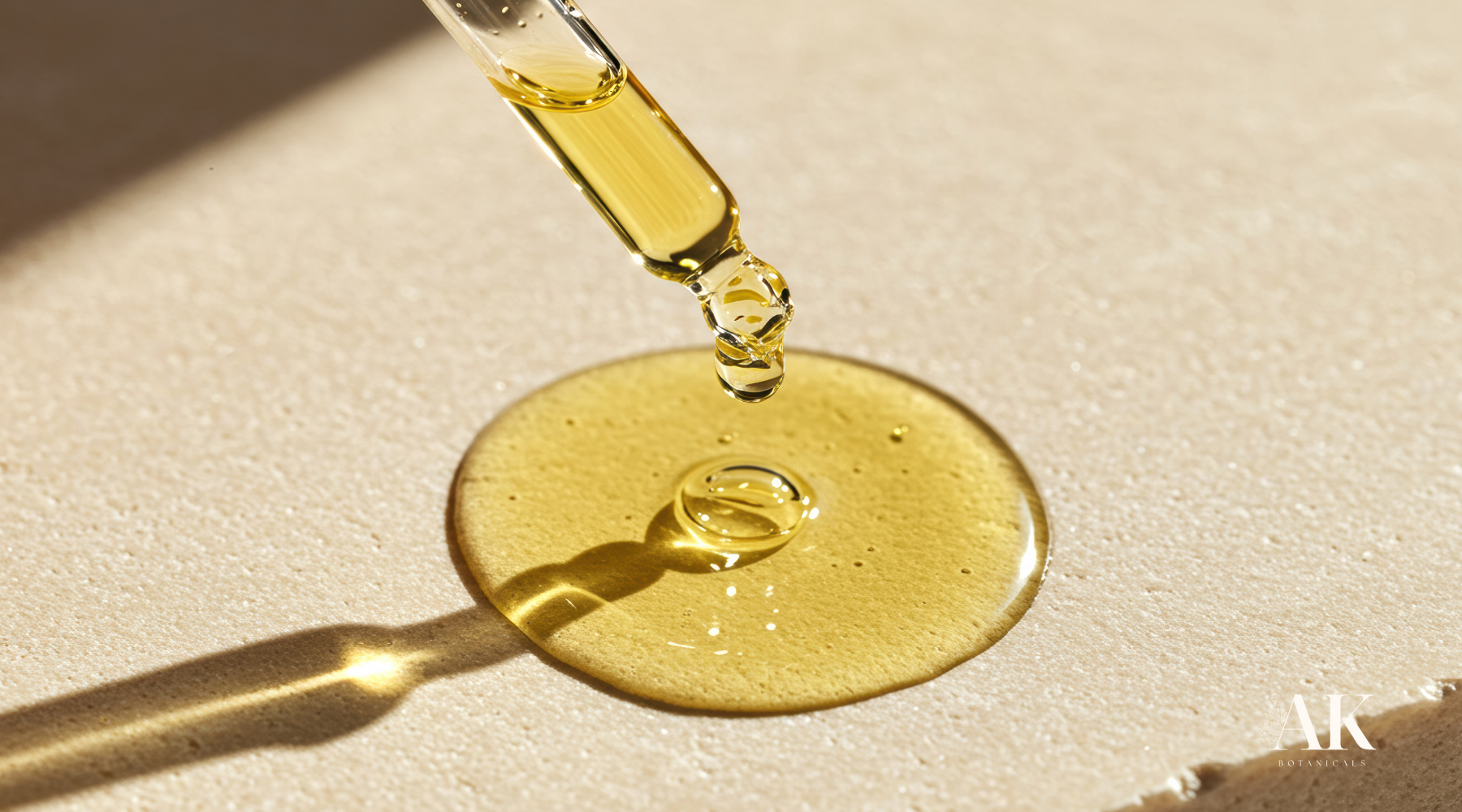
Does Aloe Vera Help Actinic Keratosis Treatment?
Aloe vera has long been a go-to remedy for soothing and healing skin. Known for its ability to hydrate, calm, and promote healing, this natural plant has been used for centuries in both traditional and modern medicine. Packed with bioactive compounds like polysaccharides, glycoproteins, and antioxidants, aloe vera offers a range of skin benefits, from cooling sunburns to healing minor cuts. But does aloe vera help actinic keratosis (AK)?
Aloe Vera Skin Benefits and Actinic Care
Aloe vera is widely praised for its ability to nourish and heal skin. The gel contains acemannan, a polysaccharide that can support the immune system and speed up wound healing. Aloe also has powerful antioxidant and anti-inflammatory properties, which help to calm irritation and reduce redness. These benefits make aloe vera a favorite for anyone looking to treat skin irritation, including sunburns, rough patches, and conditions like actinic keratosis.
Aloe vera is especially great for the face and overall skin health because it hydrates without blocking your pores, making it a perfect choice for those looking to soothe skin that's been damaged or irritated. Its gentle, cooling effect makes it particularly helpful for calming skin that's been stressed by too much sun exposure and damage, which is often the root cause of actinic skin conditions.
Can Aloe Vera Help with Actinic Keratosis?
Actinic keratosis (AK) develops due to prolonged sun exposure, leading to rough, scaly patches on the skin. These patches often appear on areas like the face, scalp, ears, and hands—areas most frequently exposed to the sun. While AK itself isn’t cancer, it can develop into squamous cell carcinoma - a type of skin cancer - if left untreated. It's important to recognize symptoms like lesions, patches, or scaly textures early and seek a proper diagnosis from a healthcare provider.
Aloe vera offers potential support for those dealing with actinic keratosis because of its powerful skin-healing abilities. The anti-inflammatory properties of aloe vera can reduce the irritation and redness that often come with AK lesions, helping to ease discomfort. It also acts as a natural moisturizer, which is especially important since AK patches tend to be dry and flaky. Aloe helps provide moisture without further irritating the skin.
More than just soothing, aloe vera may even help promote the regeneration of healthy skin. Studies suggest that aloe vera's antioxidants may help protect skin from oxidative stress, a key factor in aging, sun damage, and skin damage. By protecting the skin from further harm, aloe vera can play a supportive role in managing the condition and promoting healing alongside other treatments.
How to Use Aloe for Actinic Skin Lesions
If you're looking for a natural way to support your skin as it heals from actinic keratosis, aloe vera could be a great addition to your skincare routine. Aloe vera gel can hydrate and soothe the affected areas, reducing irritation while supporting your skin’s natural healing process.
Beyond aloe vera, products like AKti-Clear provide added support in the healing process. AKti-Clear is specifically formulated to manage actinic keratosis. Pair AKti-Clear with our wound wash product, designed to minimize the risk of infection and complement the skin's natural healing process. This combination helps keep affected areas clean, hydrated, and supported as the skin repairs itself.
If you’re using aloe vera alongside medical treatments like cryotherapy or fluorouracil creams, always consult your doctor to avoid interactions. Aloe vera can reduce redness, irritation, and discomfort following surgery or chemical treatments. Many people have found that aloe’s natural properties help support the skin’s ability to recover after these more intense therapies.
While aloe vera and supportive products like AKti-Clear are beneficial, it’s important to remember that sun protection is essential during this healing phase. Daily use of broad-spectrum sunscreen helps prevent further UV damage, allowing aloe vera and other solutions to work more effectively without the risk of exacerbating the condition. Avoid additional sun exposure to prevent worsening of lesions and symptoms.
Medical Treatment Options vs. Aloe for Actinic Keratosis
Aloe vera offers impressive benefits, but it’s important to understand that it should not replace professional medical treatments for actinic keratosis. Dermatologists often recommend treatments like cryotherapy (freezing the lesions), topical medications (such as 5-fluorouracil), or photodynamic therapy to target and treat abnormal skin cells associated with AK.
Aloe vera can complement these treatments by reducing inflammation and irritation, especially after procedures. It can also help your skin heal faster and stay moisturized as it recovers. By combining professional treatments with the soothing effects of aloe vera, you can support your skin’s health while addressing the underlying condition. This integrated approach helps reduce the risk of progression to squamous cell carcinoma.
Actinic Skin Wellness and Aloe Vera Use
Beyond its potential role in managing actinic keratosis, aloe vera offers numerous benefits for general skin care. Aloe vera for skin is a well-known remedy for hydrating and calming skin, making it a common ingredient in many skincare products. Whether you’re using aloe for a sunburn, minor cuts, or just as part of your daily routine, its ability to moisturize without clogging pores makes it a great choice for all skin types.
Aloe vera contains vitamins C and E, which act as antioxidants to protect the skin from free radicals and environmental damage. These vitamins support skin regeneration, help prevent premature aging, and can even aid in reducing the appearance of scars. Aloe vera’s ability to support collagen production is another reason why it’s considered a go-to for skin regeneration and healing.
Aloe for Treating Actinic Keratosis
Aloe vera is a versatile and powerful plant that offers both immediate relief and long-term benefits for the skin. When it comes to actinic keratosis, aloe vera can help soothe irritation, reduce redness, and hydrate dry, flaky skin. It’s not a cure for AK, but it can serve as a valuable addition to your skincare routine, especially when used in conjunction with professional treatments.
If you have actinic keratoses or are experiencing early signs of sun damage, incorporating aloe vera into your skincare routine can provide soothing support as your skin heals. Along with maintaining proper sun protection and seeking medical advice, aloe vera can help manage discomfort and promote skin health.




